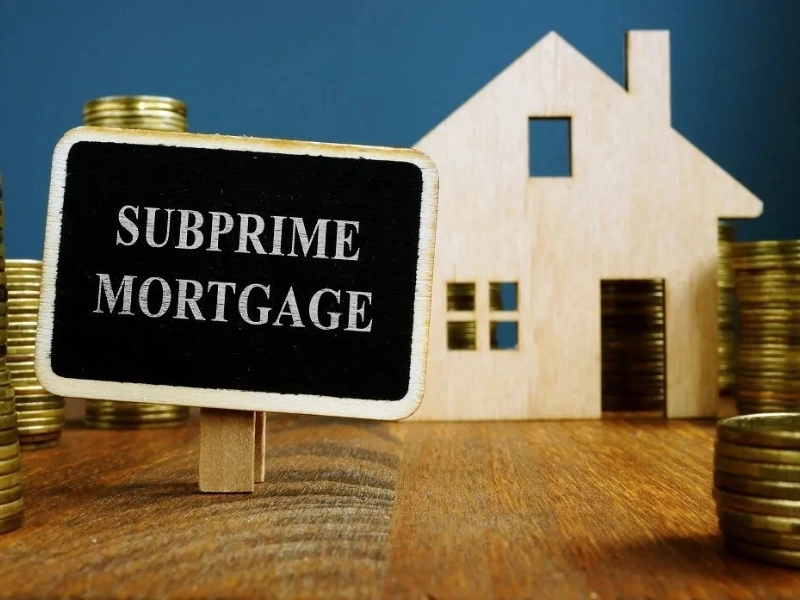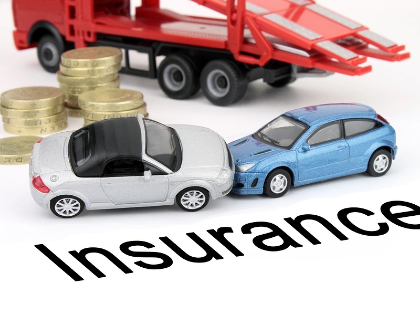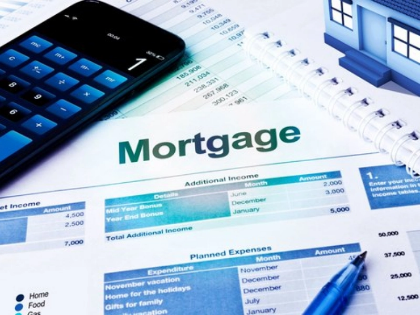The RisksOf Home Equity Loans: Foreclosure And Negative Equity
Home Equity Loans' Dangers Like main mortgages, home equity loans are secured by your principal residence. They might offer tax benefits in addition to the stability of a fixed interest rate. They might, however, also be risky. One danger for homeowners is the possibility of negative equity, which can lead to foreclosure. Although this can lower your credit score, you might be able to handle it in another way.
1. Bankruptcy

2. Intentional Repossession
 Although home equity loans offer flexibility and easy access to significant sums of money, they come with costs. Closing costs include origination or underwriting fees, recording fees, application fees, property appraisal fees, and lender fees that must be paid by the borrower.
The drawback is that the loan is secured by your house, so in the event that you are unable to make payments, the lender will inherit your home and put it up for sale. Millions of homeowners experienced that during the 2008 financial crisis.
Though it could relieve some of your immediate financial burden, opting to voluntarily foreclose on a home equity loan might have detrimental long-term effects on your creditworthiness and stability. Because of this, it's a good idea to speak with a financial advisor and/or attorney before taking any voluntary foreclosure-related actions. You might also think about other possibilities, which might be less detrimental to your credit score and financial future, like deed in lieu agreements or mortgage modifications.
Although home equity loans offer flexibility and easy access to significant sums of money, they come with costs. Closing costs include origination or underwriting fees, recording fees, application fees, property appraisal fees, and lender fees that must be paid by the borrower.
The drawback is that the loan is secured by your house, so in the event that you are unable to make payments, the lender will inherit your home and put it up for sale. Millions of homeowners experienced that during the 2008 financial crisis.
Though it could relieve some of your immediate financial burden, opting to voluntarily foreclose on a home equity loan might have detrimental long-term effects on your creditworthiness and stability. Because of this, it's a good idea to speak with a financial advisor and/or attorney before taking any voluntary foreclosure-related actions. You might also think about other possibilities, which might be less detrimental to your credit score and financial future, like deed in lieu agreements or mortgage modifications.
3. Negative Effects on Credit Score
 Because the loan is backed by the homeowner's property, home equity loans have lower interest rates than credit cards and personal loans. But much like with a mortgage, missing payments can lead to foreclosure, which lowers your credit score and makes it more difficult to get approved for other kinds of loans.
An further issue is that a regional or national economic downturn may result in a decline in home values, which would leave you with more debt than your property is worth. This is known as negative equity, and it may have detrimental effects on one's finances.
Making a sizable down payment, selecting a short loan term, and keeping an eye on your debt-to-income ratio are usually necessary to avoid these problems. The tax advantages, which can be substantial if you utilize the loan to pay for home upgrades, should also be taken into account. It is advisable to seek advice from a trained tax professional to ascertain whether making this choice is appropriate for your circumstances.
Because the loan is backed by the homeowner's property, home equity loans have lower interest rates than credit cards and personal loans. But much like with a mortgage, missing payments can lead to foreclosure, which lowers your credit score and makes it more difficult to get approved for other kinds of loans.
An further issue is that a regional or national economic downturn may result in a decline in home values, which would leave you with more debt than your property is worth. This is known as negative equity, and it may have detrimental effects on one's finances.
Making a sizable down payment, selecting a short loan term, and keeping an eye on your debt-to-income ratio are usually necessary to avoid these problems. The tax advantages, which can be substantial if you utilize the loan to pay for home upgrades, should also be taken into account. It is advisable to seek advice from a trained tax professional to ascertain whether making this choice is appropriate for your circumstances.
4. Legal Concerns
 There are several uses for home loans. The most typical use is to cover a mortgage. Nonetheless, a homeowner may also use a home equity loan for other reasons or to make modifications to their house. Unlike a mortgage, a home equity loan gives the lender the legal authority to seize your house in the event that you don't make your payments.
If a home equity loan is taken out without a good financial reason, it's usually regarded as dangerous. You may have fewer possibilities for financing in the future if you have a low credit score due to missing payments, overextending your budget, or defaulting on a home equity loan.
Certified financial planners (CFPs) advise against using a home equity loan for any kind of speculative purchase or to finance a college degree. They claim that taking out these loans could put you in a vicious cycle of debt and worsen your financial situation.
There are several uses for home loans. The most typical use is to cover a mortgage. Nonetheless, a homeowner may also use a home equity loan for other reasons or to make modifications to their house. Unlike a mortgage, a home equity loan gives the lender the legal authority to seize your house in the event that you don't make your payments.
If a home equity loan is taken out without a good financial reason, it's usually regarded as dangerous. You may have fewer possibilities for financing in the future if you have a low credit score due to missing payments, overextending your budget, or defaulting on a home equity loan.
Certified financial planners (CFPs) advise against using a home equity loan for any kind of speculative purchase or to finance a college degree. They claim that taking out these loans could put you in a vicious cycle of debt and worsen your financial situation.







